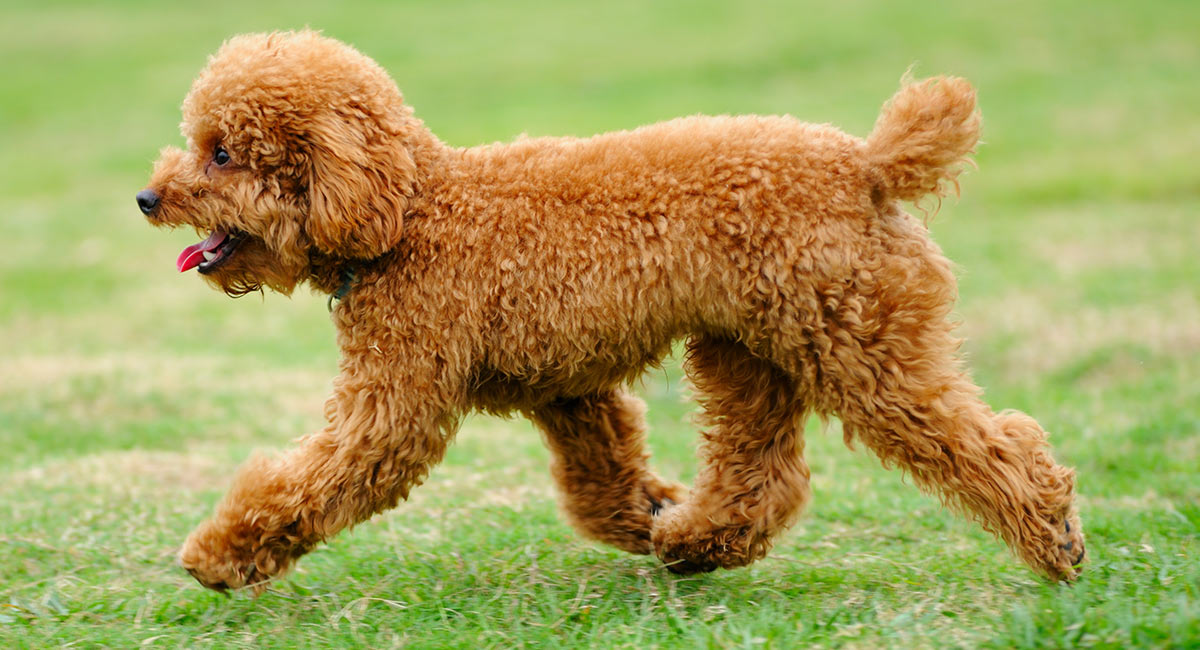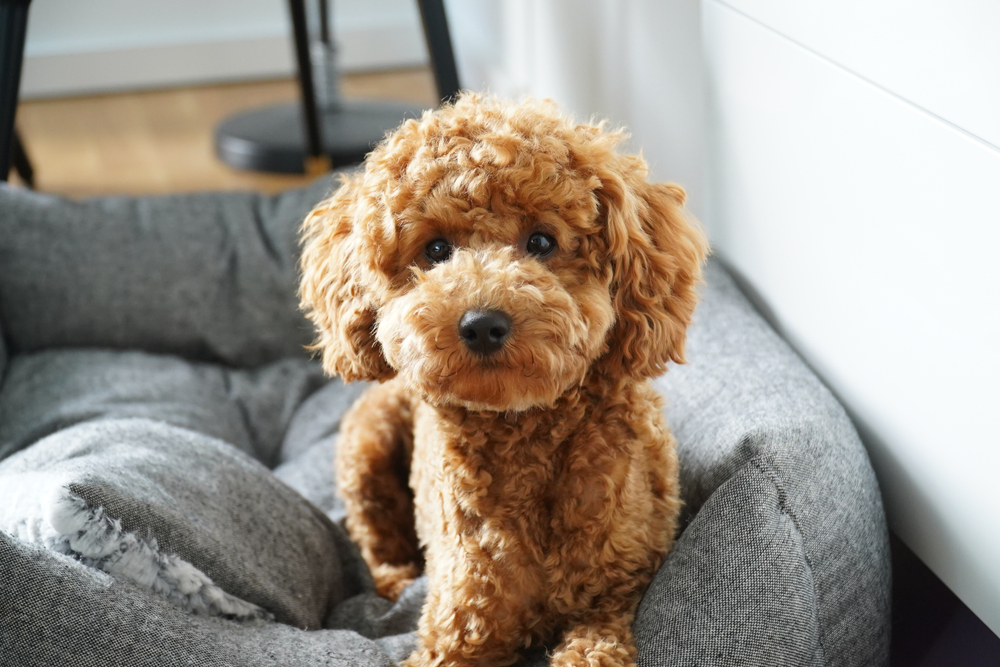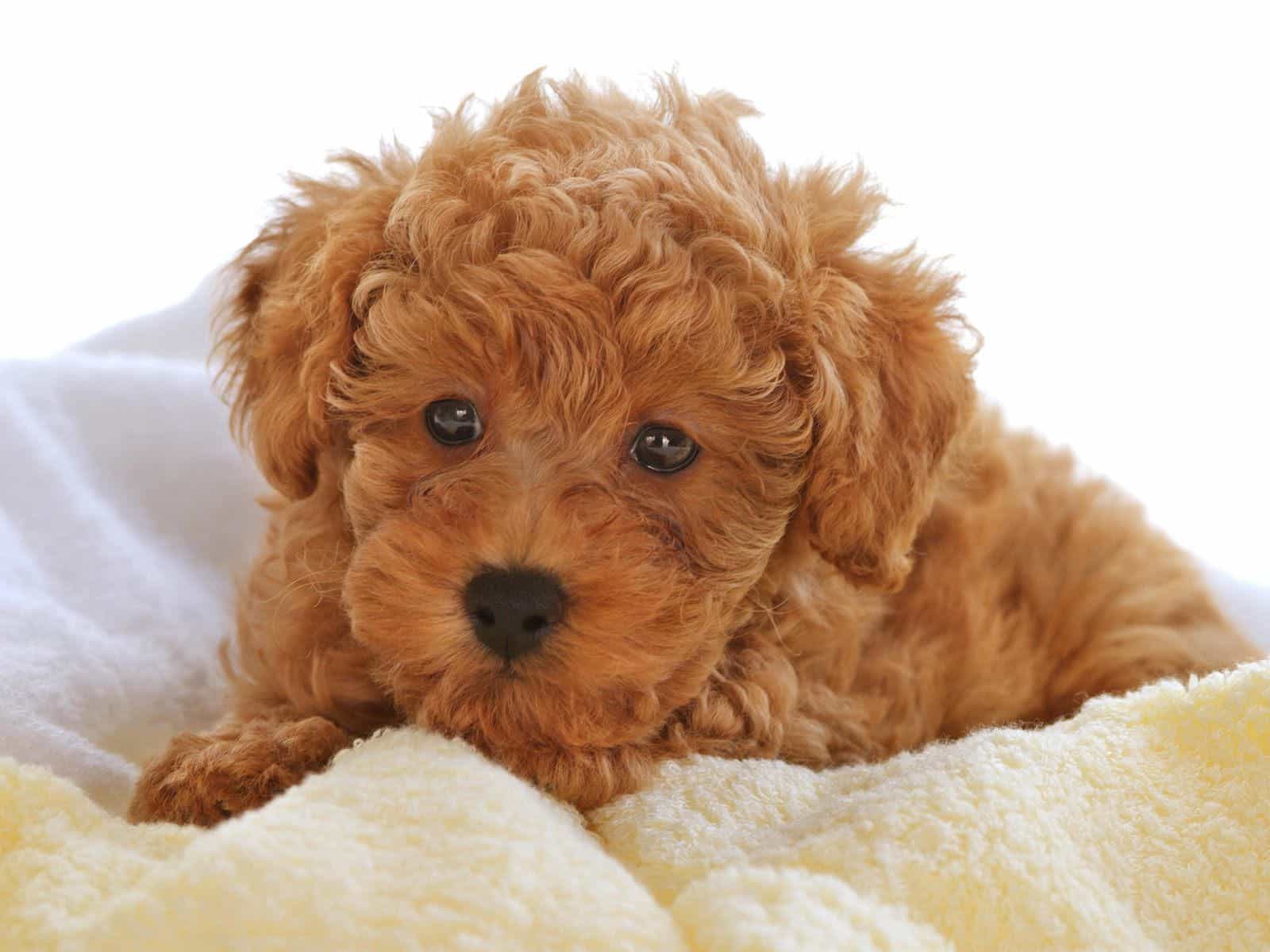Afghan Hound vs Poodle Comparison Differences in Appearance and Personality
When it comes to choosing a dog, the vast variety of breeds can make the decision quite overwhelming. Among the popular breeds, the Afghan Hound and the Poodle stand out not just for their unique appearances but also for their distinct personalities. In this blog post, we will delve into the details that differentiate these two breeds, helping potential dog owners understand which might be the better fit for their lifestyles.

Historical Background
Afghan Hound
The Afghan Hound is an ancient breed that originally hails from the mountainous regions of Afghanistan. Historically, these dogs were used for hunting large game due to their exceptional speed and agility. Their distinctive long, flowing coat served both an aesthetic purpose and a practical one, as it provided protection from the harsh climate of the lofty Afghan terrain.
>>> Buy now: My Poodle Thinks IM Perfect Ugly Christmas Sweaters
Poodle
The Poodle has a more complex origin story. This breed is believed to have descended from several water-retrieving breeds and is often associated with France, where it became popular at royal courts. The Poodle is recognized in three sizes: standard, miniature, and toy, making it a versatile choice for various living situations. Their intelligence and trainability were highly valued, initially serving as hunting companions and now excelling in a variety of dog sports and activities.
Physical Appearance
Afghan Hound
The Afghan Hound is a sight to behold, characterized by its regal stature and striking beauty. Key features include:
Height: Afghan Hounds typically stand between 24 and 29 inches tall at the shoulder, with males being generally taller than females.
Weight: They usually weigh between 50 and 60 pounds.
Coat: One of the most defining traits of the Afghan Hound is its long, silky coat, which can come in various colors and patterns. The coat requires significant grooming to prevent matting and is often styled in a showy manner for dog competitions.
Face: They have a unique facial structure with a long, narrow skull and a distinctive, elegant appearance that adds to their grace.
Poodle
Poodles, on the other hand, present a very different look depending on their size. Notable characteristics include:
Height:
Standard Poodles: 15 inches and above
Miniature Poodles: 10 to 15 inches
Toy Poodles: 10 inches or under
Weight: Depending on the size, weights vary significantly (Standard: 40-70 pounds; Miniature: 10-15 pounds; Toy: 4-6 pounds).
Coat: Poodles have a dense, curly coat that is hypoallergenic, making them a popular choice for allergy sufferers. Their coat can come in a variety of colors, including white, black, apricot, and gray, and requires regular grooming to maintain its condition and prevent tangles.
Facial Structure: Poodles have a more tapered head, with a broader muzzle and dark, expressive eyes that convey intelligence and playfulness.

Personality Traits
Afghan Hound
Personality-wise, Afghan Hounds are often described as independent, dignified, and somewhat aloof.
Temperament: They have a regal bearing and can sometimes come across as detached or indifferent, especially toward strangers. However, they are fiercely loyal to their families and can be affectionate with their loved ones.
Intelligence: While Afghan Hounds are intelligent, their independent nature may lead them to make their own decisions rather than always obey commands. This trait can make training a challenge, requiring a consistent and patient owner.
Activity Level: They are active dogs that enjoy running and playing, requiring regular exercise. However, they also have a more laid-back temperament when indoors and can enjoy lounging around.
Poodle
In contrast, Poodles are well-known for their lively and playful nature.
Temperament: Poodles are often described as cheerful and highly social, thriving on interaction with people and other pets. They tend to have a friendly demeanor and are usually more welcoming to strangers than Afghan Hounds.
Intelligence: Poodles rank among the most intelligent dog breeds, excelling in obedience and trainability. They enjoy learning new tricks and can become excellent participants in dog sports such as agility and obedience competitions.
Activity Level: Poodles require regular exercise, but their energy levels can vary by size; standard Poodles generally need more activity than toy Poodles. They are versatile and can adapt to various lifestyles, but they thrive on mental stimulation and social engagement.

Grooming and Care
Afghan Hound
Grooming an Afghan Hound is a significant commitment:
Coat Maintenance: Their long hair requires daily brushing to avoid tangles and matting. Bathing every few weeks helps maintain a clean, healthy coat.
Health Needs: Regular veterinary check-ups are important to watch for breed-specific health issues such as hip dysplasia and certain skin disorders.
Poodle
Poodles also demand grooming, but their coat is different:
Coat Maintenance: Regular grooming is necessary, but Poodles may require less frequent bathing compared to Afghan Hounds. Many owners choose to take their Poodles to professional groomers for proper clipping and styling.
Health Needs: Poodles can be prone to certain genetic health issues such as hip dysplasia, skin conditions, and eye disorders, so routine health checks are essential.
In summary, both the Afghan Hound and the Poodle are unique breeds with their own set of appealing traits. Afghan Hounds tend to have a majestic, independent nature combined with an elegant appearance, while Poodles are known for their intelligence, versatility, and sociable demeanor. When considering which breed is more suitable for your lifestyle, factor in the level of grooming and exercise required, as well as the personality traits that would best match your home environment and activity level.
>>> Read more: Everything You Need to Know About the Games in Miami
Ultimately, both breeds can make wonderful companions, but understanding their differences will aid in making a confident decision. Regardless of your choice, both the Afghan Hound and Poodle promise loyalty, love, and a lifetime of happiness.

